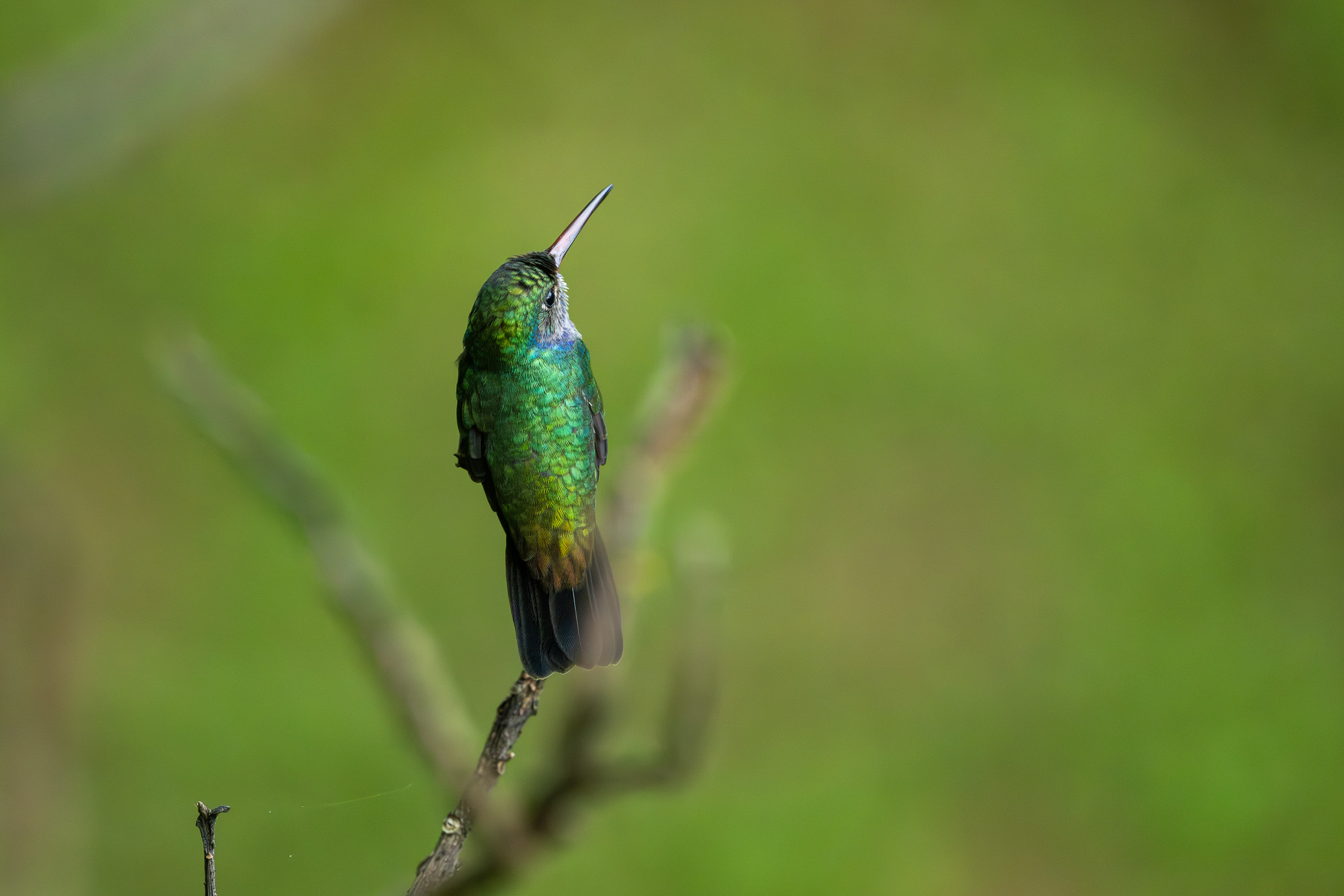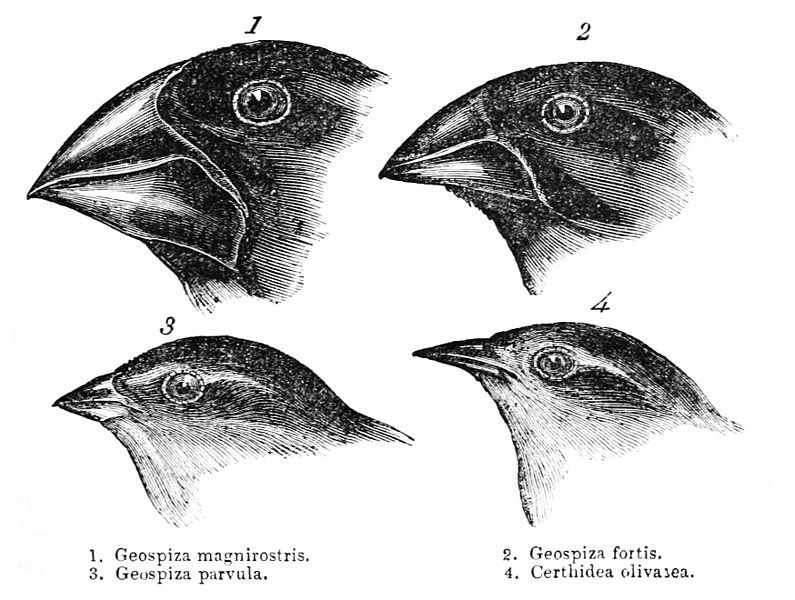
IEV Podcast

This is a series discussing topics in evolutionary biology in the Issues in Evolution course.
Hosted by Dr. Amy Sullivan, Assistant Teaching Professor, Project Dragonfly/Department of Biology at Miami University.
Have ideas or feedback on these podcasts? Feel free to contact Amy at sullivat@miamioh.edu.
We hope you enjoy and thanks for listening!
2023 IEV Discussion Podcasts
Discussion 1: Evolution of Biodiversity --- Watch on YouTube or listen on Spotify
Recorded September, 2023
Join Dragonfly instructional team members Amy Sullivan and Laura Abondano Franco as they discuss the readings, focusing on concepts of adaptive radiation, diversification rate vs species richness, and how interspecific interactions and coevolution impact diversification.
Discussion 2: Evolution in the Anthropocene --- Watch on YouTube or listen on Spotify
Recorded September 2023
Join Dragonfly instructional team members Amy Sullivan and Laura Abondano Franco as they discuss the readings, focusing on eco-evolutionary dynamics, network analysis, phenotypic plasticity, and how anthropogenic impacts influence eco-evolutionary dynamics.
Discussion 3: Evolution in Conservation--- Watch on YouTube or listen on Spotify
Recorded October 2023
Join Dragonfly instructional team members Amy Sullivan and Michelle Szydlowski as they discuss the readings, focusing on how evolution can impact conservation, conserving for adaptive state vs. adaptive process, and applications in restoration, population and captive management, and conservation in urban spaces.
Discussion 4: Evolution Education--- Watch on YouTube or listen on Spotify.
Recorded October 2023
2021 IEV Discussion Podcasts
These podcasts were recorded in 2021 and cover discussion topics for the Issues in Evolution (IEV) class. Though the readings have been updated since these podcasts were recorded, the topics covered are still the focus of the discussions in IEV and the content covered in the recordings is still relevant. The papers covered in the podcasts are linked for easy reference.
Dragonfly team members and instructors Amy Sullivan, Jeannie Miller Martin, and Kevin Matteson discuss species concepts, speciation, and processes underlying observed biodiversity patterns.
Dragonfly instructors Sarena Randall Gill, Judy Metcalf, and Amy Sullivan discuss eco-evolutionary dynamics and evolutionary responses to anthropogenic stressors including climate change, habitat fragmentation, and urbanization.
Legrand, D., Cote, J., Fronhofer, E., Holt, R. D., Ronce, O., Schtickzelle, N., Travis, J. M. J., & Clobert, J. (2017). Eco-evolutionary dynamics in fragmented landscapes . Ecography, 40(1), 9–25.
Dragonfly team members Jeannie Martin, Kevin Matteson, and Amy Sullivan discuss how conservation actions can affect evolutionary processes, the importance of clearly defining conservation goals, and potential conflict between preserving biodiversity of currently adapted species and evolutionary potential in the face of environmental change.
Shefferson, R. P., Mason, C. M., Kellett, K. M., Goolsby, E. W., Coughlin, E., & Flynn, R. W. (2018). The evolutionary impacts of conservation actions. Population Ecology , 60 (1), 49-59.
Derry, A. M., Fraser, D. J., Brady, S. P., Astorg, L., Lawrence, E. R., Martin, G. K., ... & Crispo, E. (2019). Conservation through the lens of (mal) adaptation: Concepts and meta‐analysis. Evolutionary Applications , 12 (7), 1287-1304
Milot, E., Béchet, A., & Maris, V. (2020). The dimensions of evolutionary potential in biological conservation . Evolutionary Applications , 13 (6), 1363-1379.
Link to article about parthenogenesis in California Condors that Jeannie mentioned
Dragonfly instructors Sarena Randall Gill, Katie Feilen, and Amy Sullivan discuss why evolution education is important, barriers to teaching and learning about evolution, and strategies to overcome some of those barriers.
Harms, U., & Reiss, M. J. (2019). The present status of evolution education . In Evolution education re-considered (pp. 1-19). Springer, Cham.
Barnes, M. E., & Brownell, S. E. (2017). A Call to Use Cultural Competence When Teaching Evolution to Religious College Students: Introducing Religious Cultural Competence in Evolution Education (ReCCEE) . CBE—Life Sciences Education, 16(4), es4. doi:10.1187/cbe.17-04-0062
Sandford, R. M. (2020). You can’t fight feelings with facts: start with a chat . Nature 578, 339. doi: 10.1038/d41586-020-00452-3
Bertka, C.M., Pobiner, B., Beardsley, P. et al. (2019). Acknowledging students’ concerns about evolution: a proactive teaching strategy. Evo Edu Outreach 12, 3
Dragonfly instructors Deanna Soper and Amy Sullivan discuss eco-evo dynamics and related topics including phenotypic plasticity and epigenetics.
